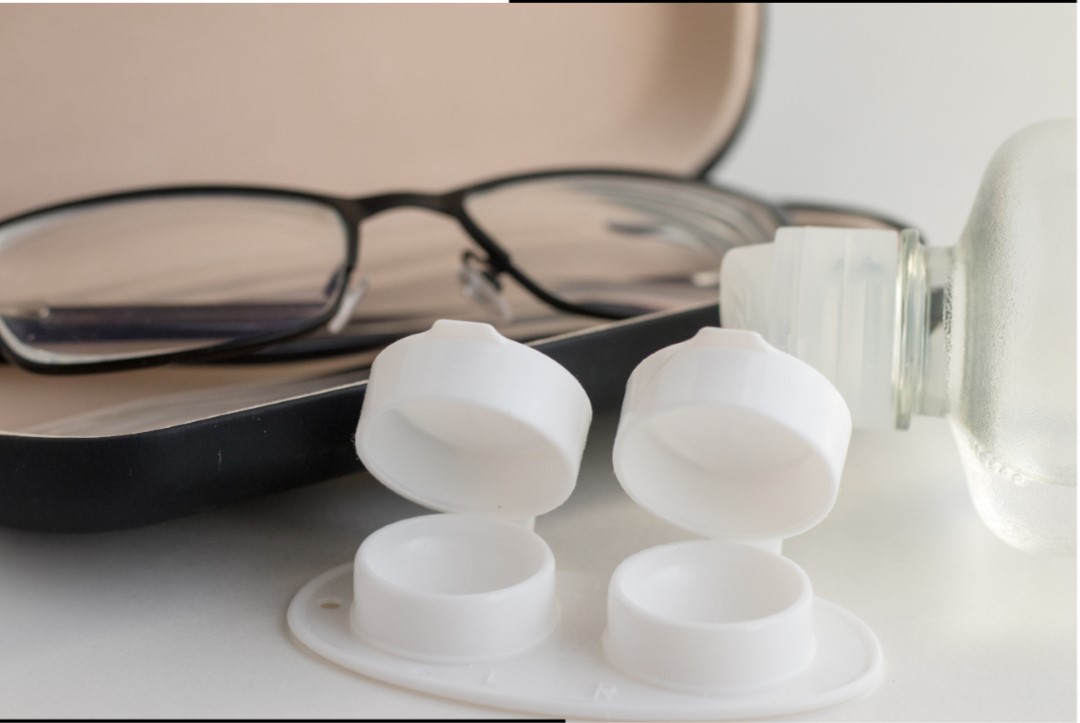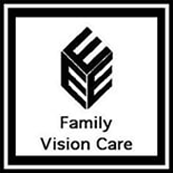Weighing Your Options: Contacts Vs. Glasses
Weighing Your Options: Contacts Vs. Glasses
.jpg)
If you’ve been having vision problems and your optometrist has prescribed you contacts or glasses, it’s not always readily apparent which you should choose. After all, each one can have a significant impact on your day-to-day life, and if you forget your contacts or glasses, it can drastically affect your abilities and even your performance at work or school.
Both contacts and glasses have advantages and disadvantages, and it is important to consider how each will impact on your lifestyle before choosing which is right for you.
Contacts offer a wider field of vision and are excellent for physical activities, but they require careful handling and regular cleaning. Glasses, on the other hand, are easy to wear and maintain, but they can be inconvenient during certain activities and may not provide the same level of peripheral vision.
In this article we will explain the pros and cons of each option, so you can decide which choice suits your priorities best. By understanding the benefits and drawbacks of both, you’ll be better equipped to make an informed decision that enhances your vision and complements your lifestyle.

Advantages and Disadvantages of Contact Lenses
At first, contacts can seem like the more attractive option. In fact, some people associate glasses with bookworms and feel they will make them less attractive, but this is not always the case. The right pair of frames can enhance your looks.
Here are some of the advantages of contact lenses:
- Peripheral Vision: Contact lenses will leave your peripheral vision untouched, providing a more natural field of view compared to glasses.
- Active Lifestyle: Contacts go more easily with an active lifestyle, making them ideal for sports and physical activities without the risk of falling off or breaking.
- Comfortable Fit: Contacts conform to the curvature of your eye for a comfortable fit, allowing for long hours of wear without discomfort.
- Style: Contacts won’t clash with your clothes and do not affect your style, giving you the freedom to experiment with different fashion choices without worrying about matching your glasses.
- Weather Resistance: Contacts won’t fog up from cold weather or get splattered by rain, ensuring clear vision in various weather conditions.
- Specialty Lenses: Specialty contact lenses can reshape your cornea while you sleep, potentially reducing your dependence on corrective lenses during the day.
- Cosmetic Options: You can order specialty lenses to try out a different eye color, giving you the flexibility to change your look without permanent commitment.
Now that we’ve covered the advantages, here are some disadvantages to contact lenses:
- Cost: Contact lenses can be expensive over time due to the amount you have to replace them, as well as the cost of cleaning solutions and accessories.
- Application: Contacts can be difficult and uncomfortable to apply initially, but this should cease to be a problem with proper practice and experience.
- Sanitation: Contacts require daily sanitation to ensure you don’t get an eye infection, necessitating a consistent cleaning routine to maintain eye health.
Do you want to learn the Do’s and Don’ts for your contact lenses? We are here to help you! Read more here!
The Advantages and Disadvantages of Glasses
While it’s true that contact lenses won’t change the way you look, they won’t improve it either. Some glasses wearers find that their frames become a significant part of their fashion identity and they don’t like their appearance without them.
Below we have outlined and explain some advantages to wearing glasses:
- Ease of Use: You don’t have to touch your eyeball to put them on, making glasses a more straightforward and less invasive option.
- Cost-Effective: Glasses are cheaper in the long run as they don’t have to be replaced as often (unless you break them), making them a more economical choice over time.
- Adaptive Lenses: Certain lenses can adjust the amount of light that enters your eye (photochromatic lenses), offering protection from bright light and UV rays.
- Fashion Statement: Glasses can make a great addition to your style, and they come in many different colors and varieties, allowing you to express your personality through your frames.
- Dry Eye Relief: Glasses won’t exacerbate dry eye symptoms, providing a more comfortable option for those prone to this condition.
- Protection: They protect your eyes from wind, dust, and other miscellaneous debris, acting as a barrier against environmental irritants.
Appealing as glasses can be to those who don’t want to worry about the cost and responsibility of contacts, here are some disadvantages glasses bring:
- Obstructed Vision: Frames can obstruct your peripheral vision, potentially limiting your overall field of view compared to contact lenses.
- Fogging Issues: Lenses can easily fog up, especially in the winter, which can be inconvenient and obstruct your vision.
- Discomfort: Frames that are too tight can put pressure on the head and face, leading to discomfort and headaches for the wearer.
By considering these points, you can better assess whether glasses or contacts align more closely with your needs and lifestyle.
Choose Contacts or Glasses with Oxford Family Vision Care
It’s not always easy deciding between glasses and contacts. Many who choose one option later go on to find they like the other better. While it’s never too late to change, it can be costly to switch back and forth between the two options.
If you are struggling to decide between contacts and glasses, stop by Oxford Family Vision Care and let our experts give an opinion.
Located in Oxford, Ohio, right by Miami University, Dr. Jeffrey Collins is here to help improve your vision and has been providing excellent vision care for families all over Butler County since 1989.
Follow Oxford Family Vision Care on Facebook and Twitter for more eye health tips!
Happy with the difference we have made for your eye health? Leave us a five-star review here!
